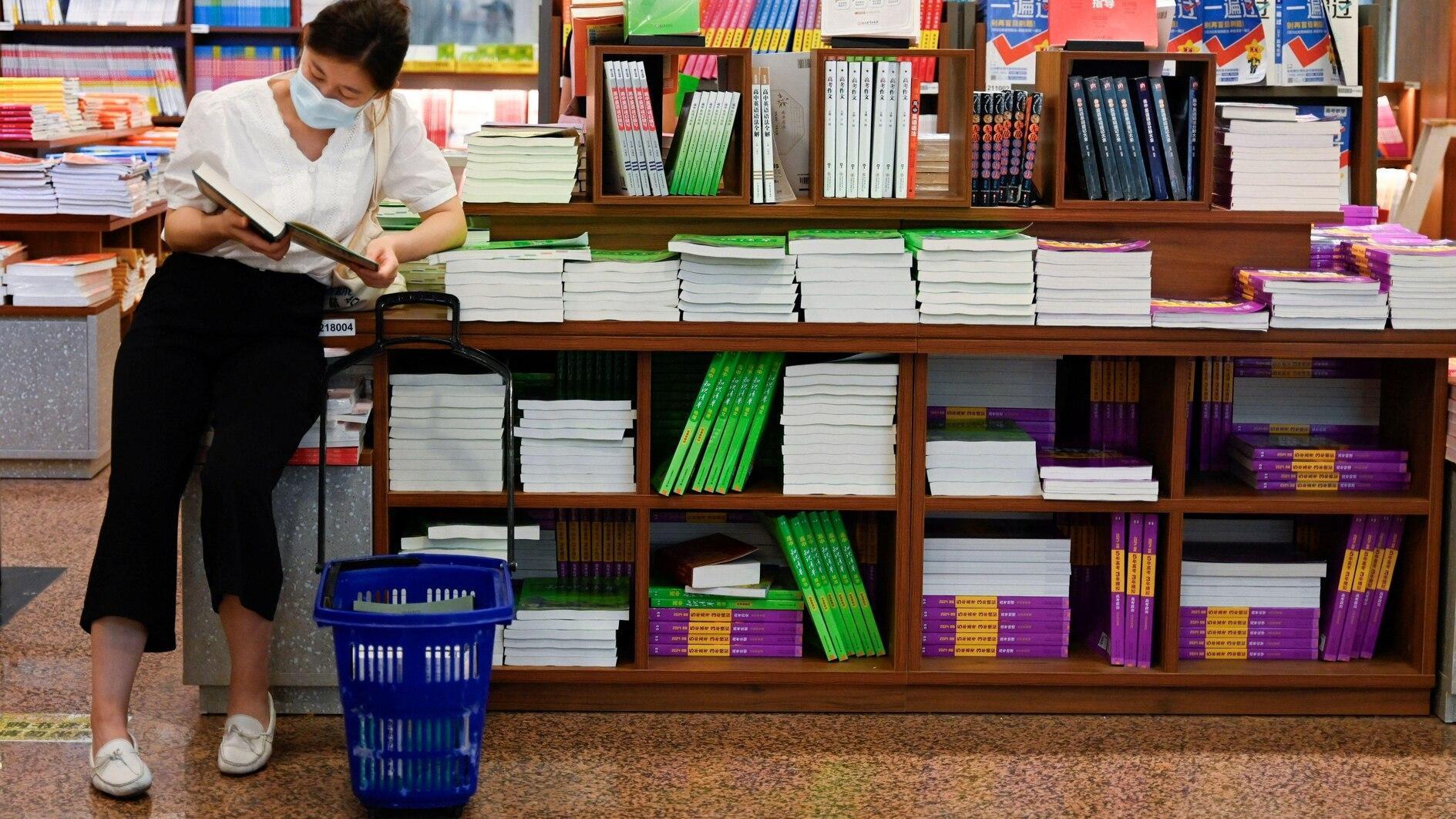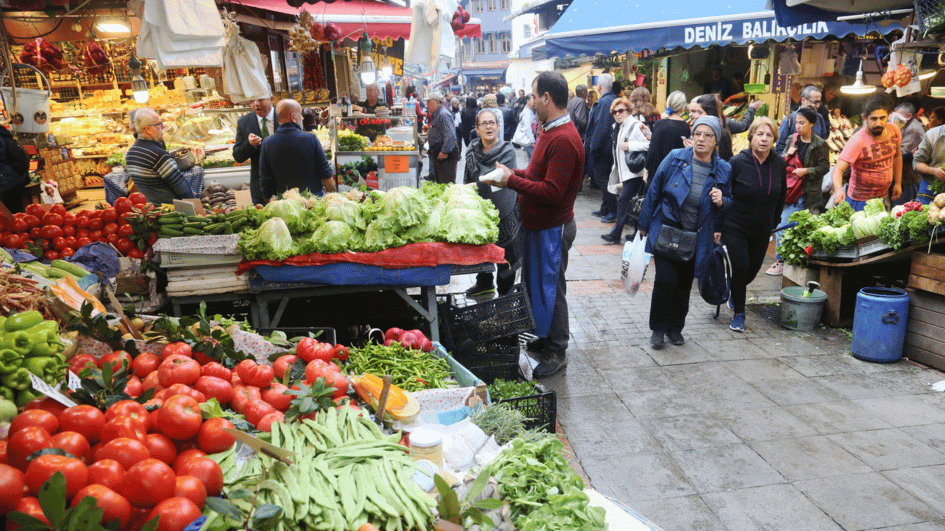Court confirms plagiarism in renowned Turkish author's novel
ISTANBUL

A court has ordered renowned Turkish author Elif Şafak and Doğan Publishing to pay a total of 252,000 Turkish Liras ($8,320) in damages to Mine Kırıkkınat for copying her work.
The case was brought to light by Turkish author Kırıkkanat, whose work “Fly Palace” was copied by Şafak in her "Flea Palace.”
Şafak, a highly acclaimed Turkish author whose books have been translated into more than 50 languages, holds the title of the author with the fastest and highest-selling work in the history of Turkish literature with her 2009 novel "Love."
The court on Jan. 23 confirmed that Şafak committed plagiarism and ordered both the author and the publisher, Doğan Publishing, to pay a total of 252,000 liras in damages to Kırıkkınat.
The court emphasized that the similarities between Şafak and Kırıkkanat’s works, including the title, narrative structure, characters, settings and chronological and thematic coherence, “went beyond mere inspiration, reaching the level of plagiarism.”
If the decision of the court, which allows an appeal, is finalized, the reprinting of Şafak’s "Flea Palace" will be prohibited, existing copies in the market will be recalled and the detailed reasoning of the decision will be published in one of the top three newspapers with the highest circulation.
On the other hand, Doğan Publishing rejected the plagiarism verdict, claiming that the expert report identified similarities rather than plagiarism.
They argued that basing the decision on "word similarities" poses a serious threat to Turkish literature and art.
“Words and themes such as 'street,' 'cat,' 'apartment’ or 'garbage' are not the monopoly of anyone. Otherwise, any word similarity and thematic similarity can easily be used as a subject of litigation. We condemn this decision, which was taken without considering the nature of literature, the horizons of creativity and freedom of thought, on behalf of literature,” the statement said.
















